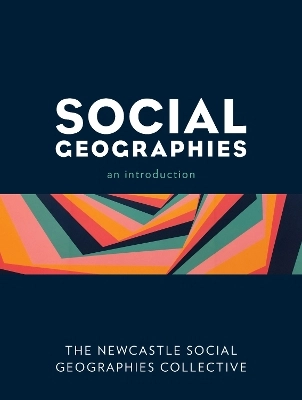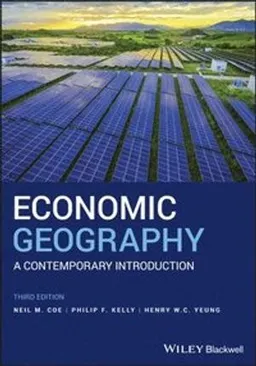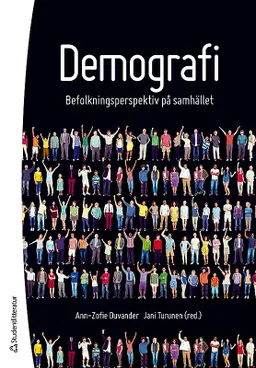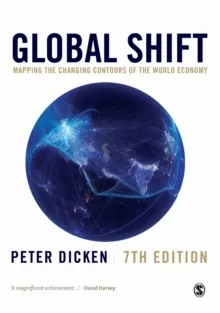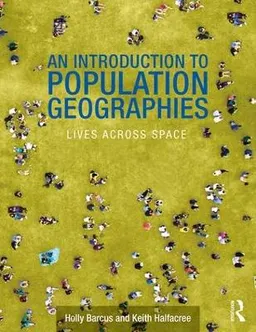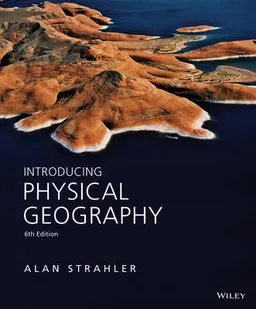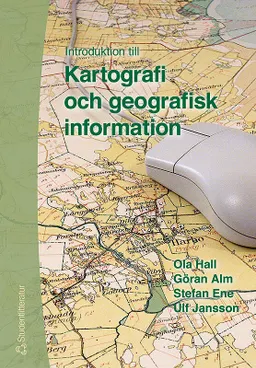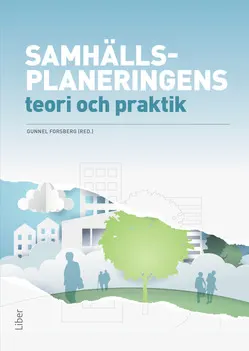This book's vision of social geographies is rooted in the commitments that have characterised the sub-discipline for at least half a decade (such as society-space relations, justice, equality), while incorporating new approaches, theories and concerns (such as emotions, performativity, non-representational perspectives). The book makes sense of the bewildering variety of contemporary social geographical interests, and embraces the increasing porosity of our work with neighbouring economic, cultural, political and environmental geographies while holding fast to certain key principles. It will provide a round-up of the state of the sub-discipline, capture recent themes and directions, and chart new questions and challenges for theory, politics and practice. Over a decade into the renaissance of social geographies, the book showcases the breadth of conceptual and empirical approaches that scholars are now seeking out to understand contemporary social issues through a spatial lens, as well as the contributions made to social change alongside communities, policy-makers and social movements. It emphasises the important connections between social geographies and a wide range of global and local issues, and the utility of issues of space, place and scale to the task of exploring and tackling them.
Each chapter offers an introduction to current work in social geographies, seeking to provide an overview and giving a number of in-depth examples from diverse global settings. We also identify the fundamental relationship of theory and research process, both to social geographical theory and to the broad themes that run through the book, by using bespoke textboxes in each chapter.
Each chapter will share the following key features:
Writing in an accessible and engaging way Defining of key terms, and carefully explaining concepts and ideas Drawing on a range of exciting contemporary examples from different geographical settings, including those drawn from each author’s current research Cross-referencing to selected chapters elsewhere in the book Including an average of 2 photos, other tables/diagrams if appropriate Including a short summary and suggested further reading Including a “real world research” textbox, that considers methodological issues connected to the topic (for example, the ethics of researching sexuality; the limits of official data on violent crime; interviewing people in housing crisis; positionality in researching encounter) Including a “real world theory” textbox, that identifies how a key theoretical perspective is helpful in explaining observed phenomena.
Åtkomstkoder och digitalt tilläggsmaterial garanteras inte med begagnade böcker
